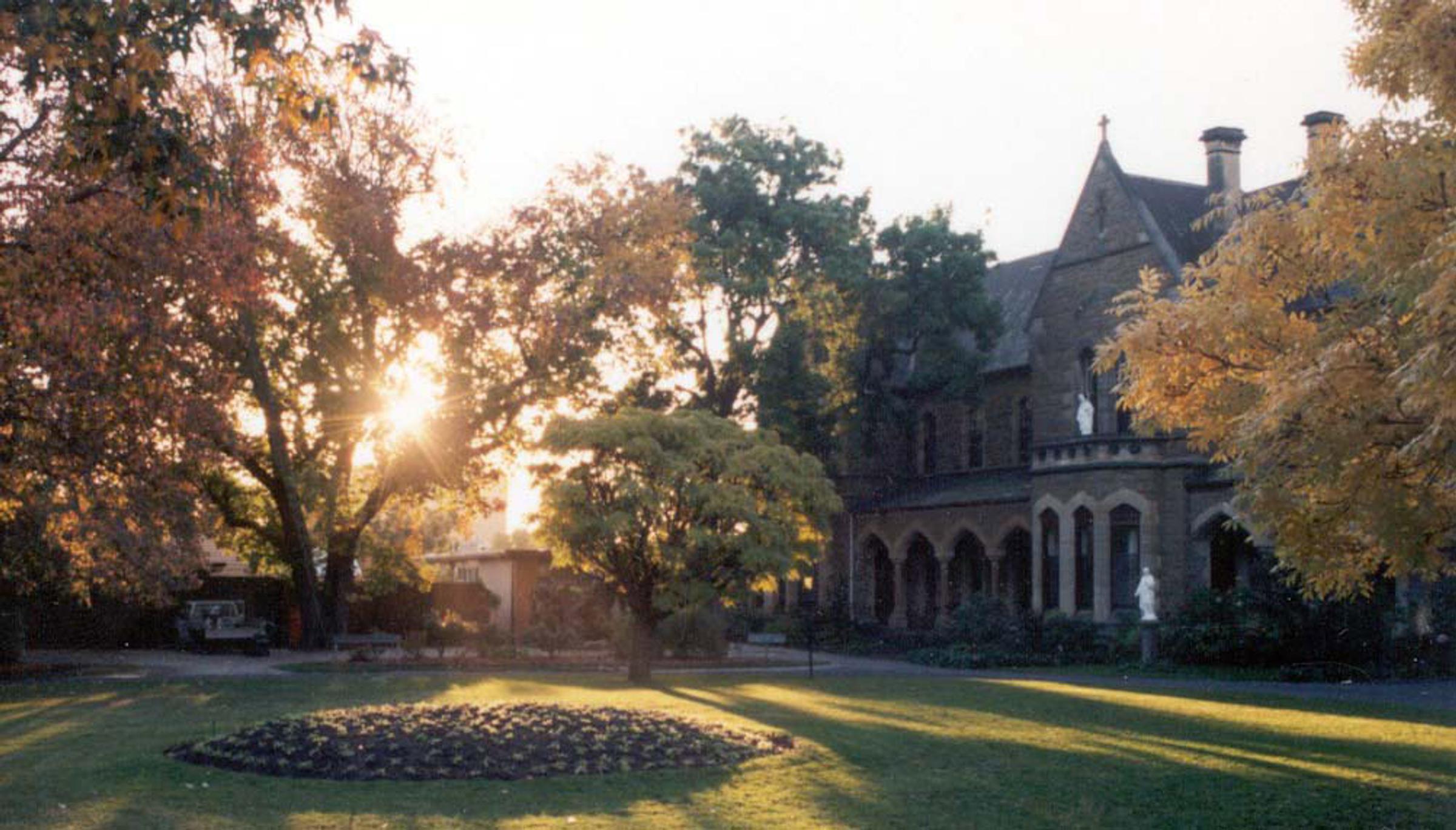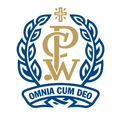Principal's Report

Dear Parents and Friends,
The end of this semester and term has had a strong focus on assessment. At this busy and sometimes stressful time of the year, we teachers reflect on how our students appreciate how the information we address in class is relevant to them.
We know that our students are more likely to pay attention and be excited about schoolwork when they view the class as relevant to themselves and connected to their interests. As teachers we can maximise student interest and excitement by using a bottom-up approach that involves assessing students’ needs, tailoring the course experience, and using teaching techniques that purposefully heighten students’ engagement.
At Presentation College Windsor we seek to improve learning outcomes by continuing to audit both formative and summative assessment for consistency and rigour, in other words - assess early, assess often. As teachers, when looking at assessment we ask we need to ask, “How well do we know what our students already know, what are their interests, what do they want to learn, and what lessons do they walk away with from our teaching?” The best way to learn the answers to these questions is to ask our students to list what they know, what they want to know, and what they learned each class. This helps our staff to adjust the content of lessons to ensure that we meet the needs of the greatest number of students.
In the MYP, Inquiry-based learning presents students with cases and follow-up questions to guide analysis. Students can work individually, or more commonly in small groups. As teachers we choose cases that connect to real-world problems so that students grapple with issues that they would likely encounter in a particular field or profession.
Giving our students a voice and welcoming student input for classroom content and assignments also ignites students’ interests, or connects with their personal and professional goals. This tailoring process is deeper than an add-on approach, like incorporating social media or references to popular culture. Rather, this notion involves a partnership with students and sharing a certain amount of control over decision-making.
In more concrete terms, as teachers we aim to increase the relevance of material by providing students with real choices about what they will learn and how they will demonstrate mastery. When we use differentiated instruction, we give students different options during class time (e.g., students form flexible groups that have complementary tasks centring on the topic of the lesson). Similarly, students have the opportunity to select from a range of options for evaluation (e.g., research paper, oral presentation, applied project). This approach builds on students’ strengths and interests and encourages learning independence.
To sum up, careful and frequent assessments allow us to learn who our students are, what they have mastered, and what the areas of greatest interest are. When we remain open to our students’ input, we increase their ownership and investment in the material being taught. Ensuring that our students have an active role during class time and beyond, helps make learning a personalised and meaningful experience.
We look forward to sharing with you our end of term events with a Newsletter late next week showcasing Refugee week, Music showcase and more.
As you read through this edition of the Lantern, I invite you to reflect on the commitment of our school and the wonderful staff to ensure your daughters have the most positive learning experiences.
Filina Virgato
Principal
